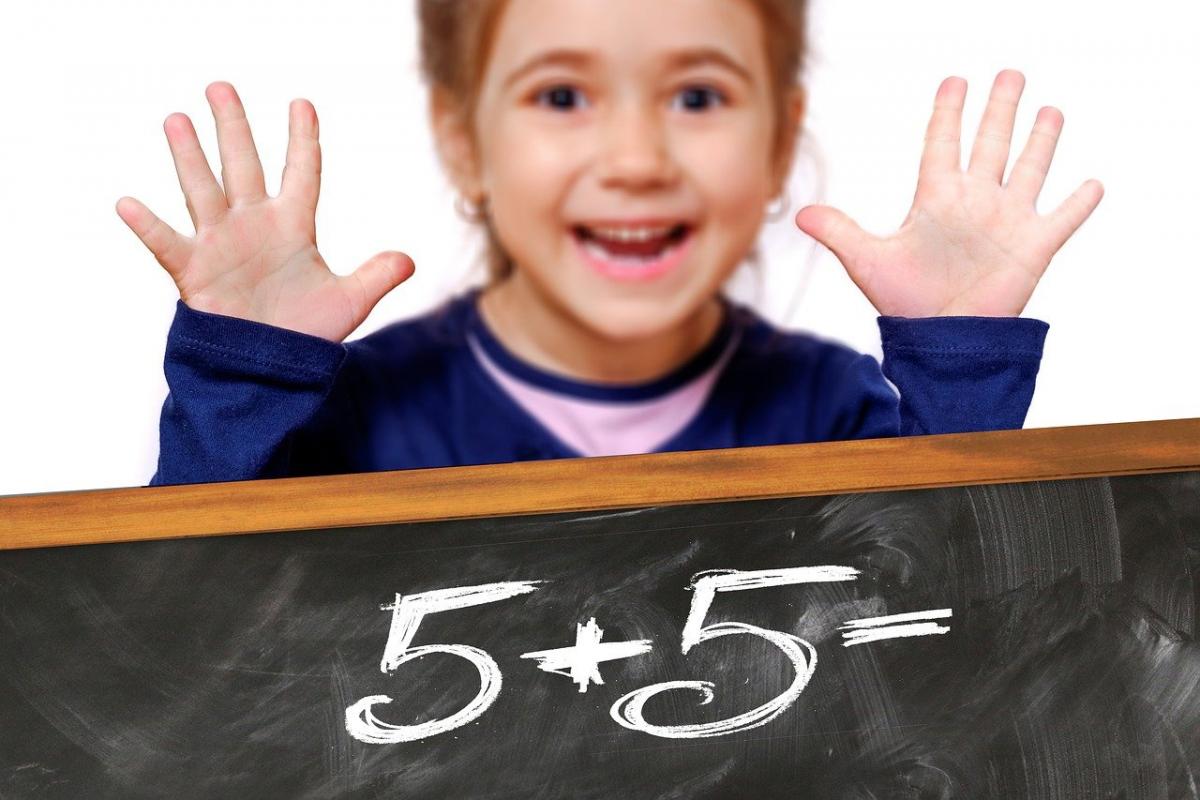Mathematics Overview

In mathematics, children make sense of the world around them as they investigate the relationships of numbers and shapes. There are five major areas of focus within mathematics in the age span of 3-9 years. In each area of focus you will find mathematics skills and behaviors you might see your child demonstrate as well as ideas that may help your child become stronger in their mathematics skills. Click on each area to explore.
- Numbers and Counting includes how children learn to count, recognize “how many”, and build understanding of time and money.
- Problem Solving/Arithmetic includes how children learn about addition, subtraction, multiplication, and division and the concepts of putting together and taking apart numbers.
- Patterns includes how children investigate relationships, sequencing, ordering, and seeing structures within numbers and shapes.
- Shapes includes how children investigate basic shapes, in both two and three dimensions, and how children learn about putting shapes together to build more complex structures.
- Measurement includes how children learn about basic measuring and investigate perimeter, area, volume, and angles.
All children develop at different rates so there is no exact spot that will define the learning of your child. Your interactions and support will help your child grow and improve no matter where they are in their learning journey. Finding ways to naturally incorporate mathematical skills in everyday activities or games is a great way to practice with your child.
Additionally, here are some question prompts you might use when talking with your child about mathematics:
- How do you know…?
- Can you explain how you solved that?
- Can you find…(in the space around you - in the room, yard, car, store)?
- How is this like…(what you did in school, what you did before)?
- How are they different or the same (shapes or problem solving)?
- When might you use this…?
- How did you do that?
- What do you wonder about that?
In addition to the ideas shared for each area of focus, here are some general resources to support mathematical learning:
Household Items to Support Math at Home
Finding Math in Everyday Routines
Building Math Fluency Through Games